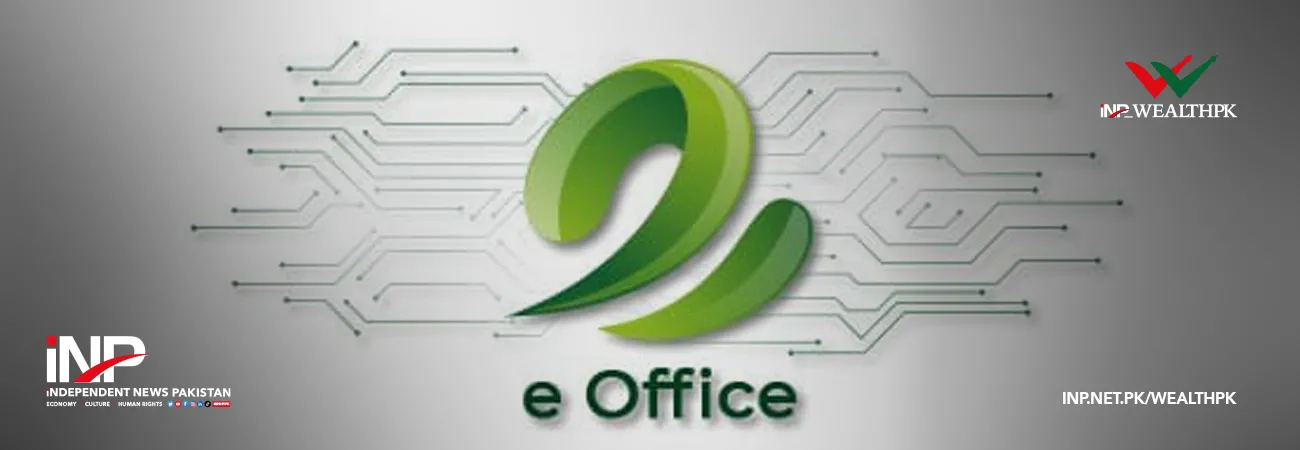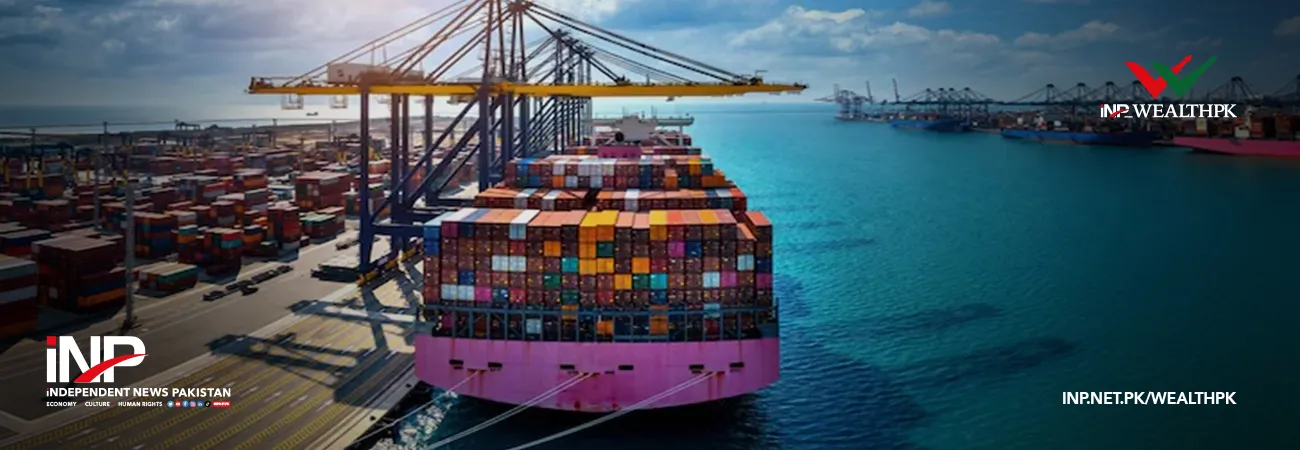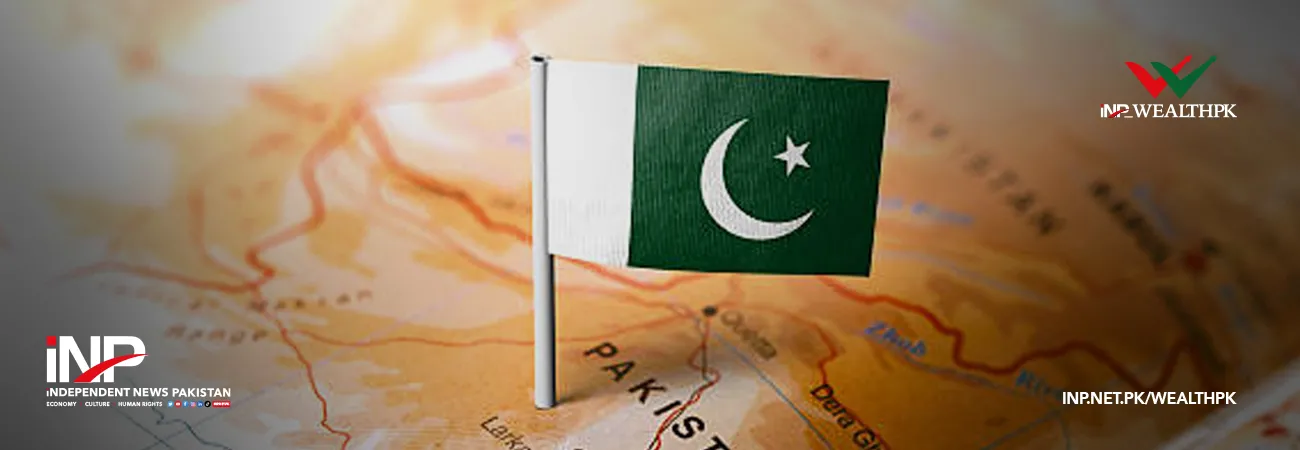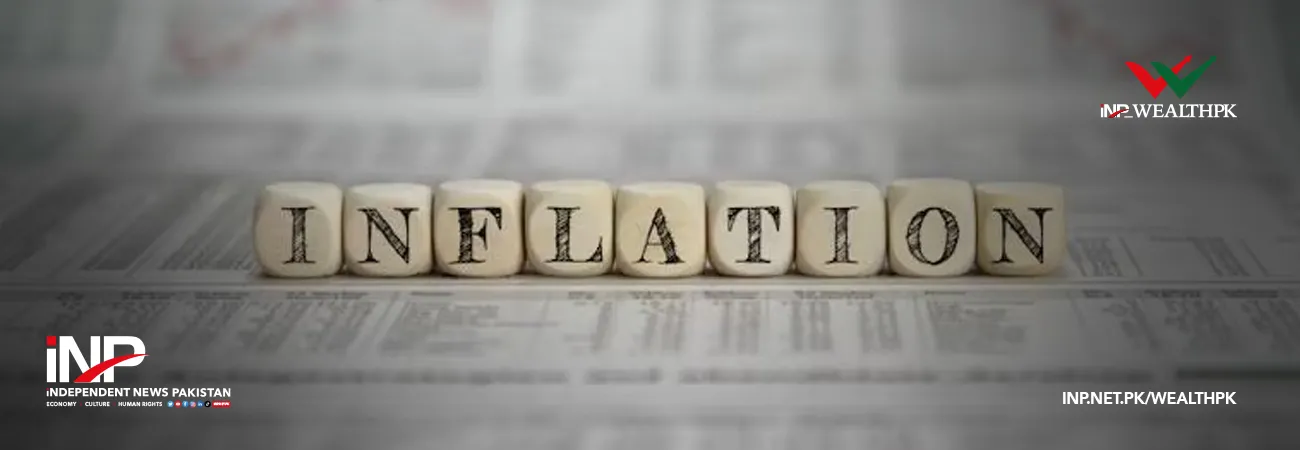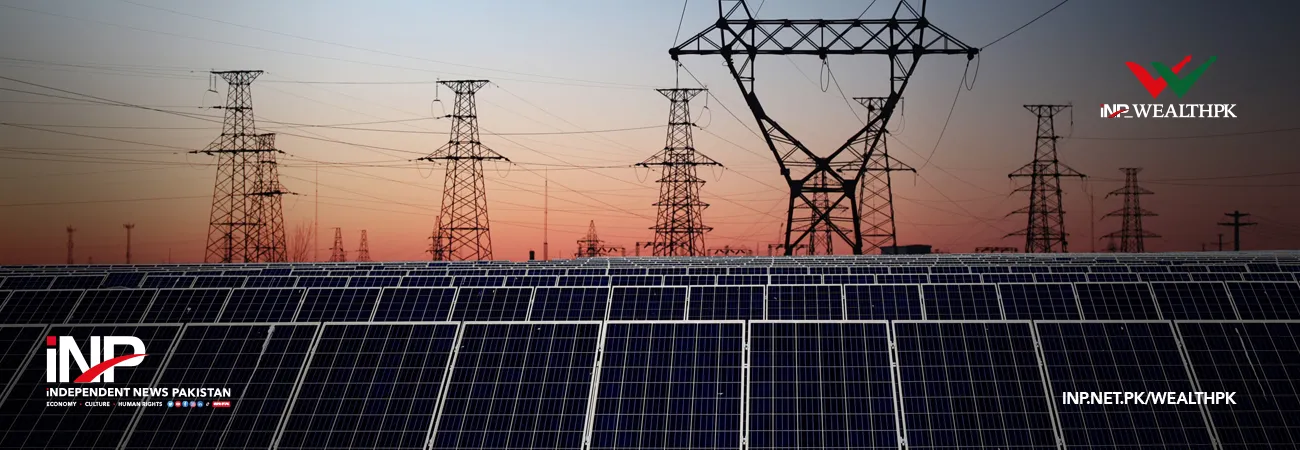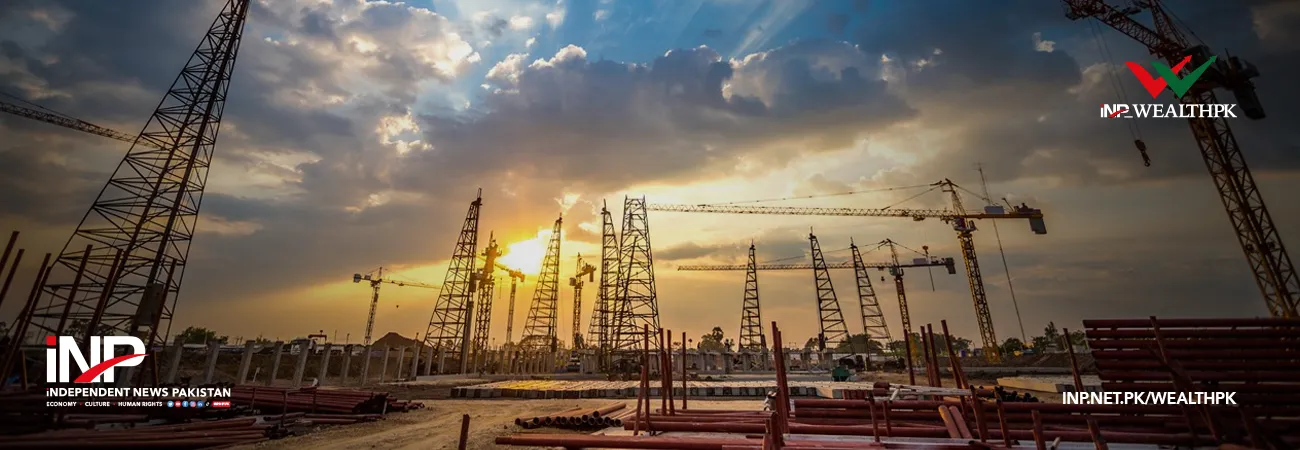INP-WealthPk
Arooj Zulfiqar
The introduction of structural reforms is crucial for Pakistan in order to achieve sustainable growth and development, says a renowned economist. “Considering the current economic challenges Pakistan faces, no single policy or strategy will work. To get out of the current economic crisis, the government needs to devise a comprehensive strategy and implement short- and long-term structural reforms,” said Prof Nadeemul Haq, Vice-Chancellor of Pakistan Institute of Development Economics (PIDE), while talking to WealthPK.
He said there are a number of structural issues in the economy which are causing a slowdown of the overall growth rate. Prof Nadeem mentioned that the government is facing mountainous challenges, including skyrocketing inflation, massive rupee devaluation, rising fuel prices, and shrinking foreign reserves. “The government needs to adopt sound economic policies that promote stability, efficiency, and competitiveness. This includes maintaining price stability, implementing prudent fiscal policies, and creating a business-friendly regulatory framework,” he suggested.
Prof Nadeem said developing a skilled workforce is crucial for sustainable growth. “The government should prioritise investment in education and training, particularly in science, technology, engineering, and mathematics (STEM) fields. Improving the quality and relevance of education, promoting lifelong learning, and fostering research and development are essential,” he emphasised.
The economist said adequate infrastructure is a prerequisite for growth. He said the government should focus on improving transportation networks, energy supply, digital connectivity, and access to basic services such as water and sanitation. He said there is a need to develop long-term infrastructure plans, attract private investment through public-private partnerships, and streamline project approval processes.
“A well-functioning financial sector supports investment and facilitates capital allocation. Reforms should focus on strengthening banking regulations, enhancing financial stability, and promoting financial inclusion. This includes improving access to finance for small and medium-sized enterprises (SMEs) and encouraging the development of capital markets,” he added.
Openness to trade and investment is critical for economic development. Reforms should aim to reduce trade barriers, enhance trade facilitation measures, and promote export diversification. The government should also attract foreign direct investment (FDI) by offering investment incentives, improving investment protection, and ensuring a transparent and predictable business environment. Implementing these reforms requires strong political commitment, effective institutions, and stakeholder collaboration. Long-term planning, monitoring, and evaluation are essential to ensure the success and sustainability of the reform agenda.
Credit: Independent News Pakistan-WealthPk




